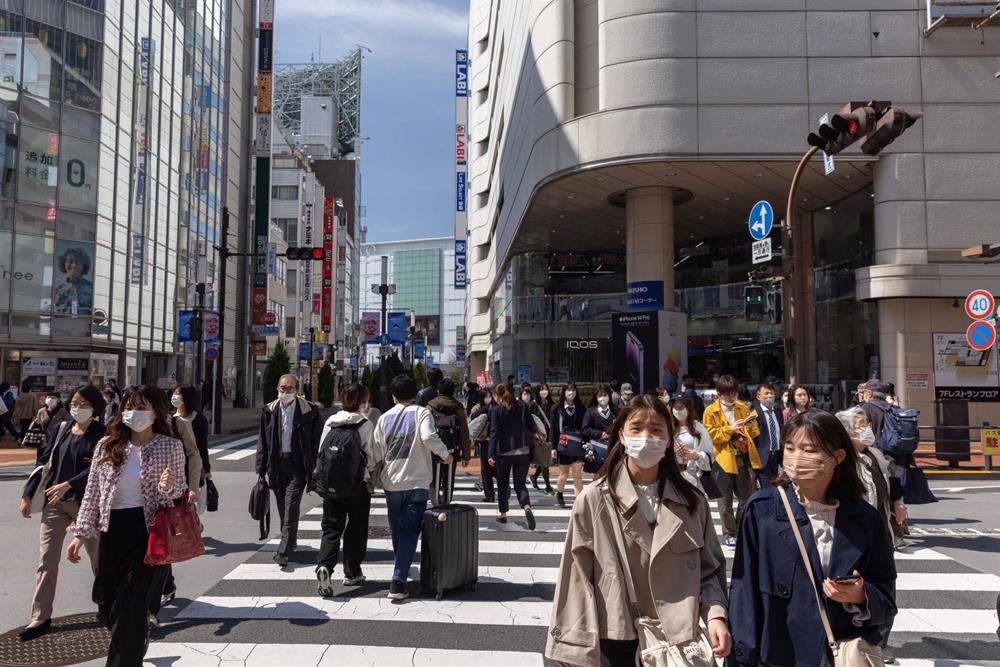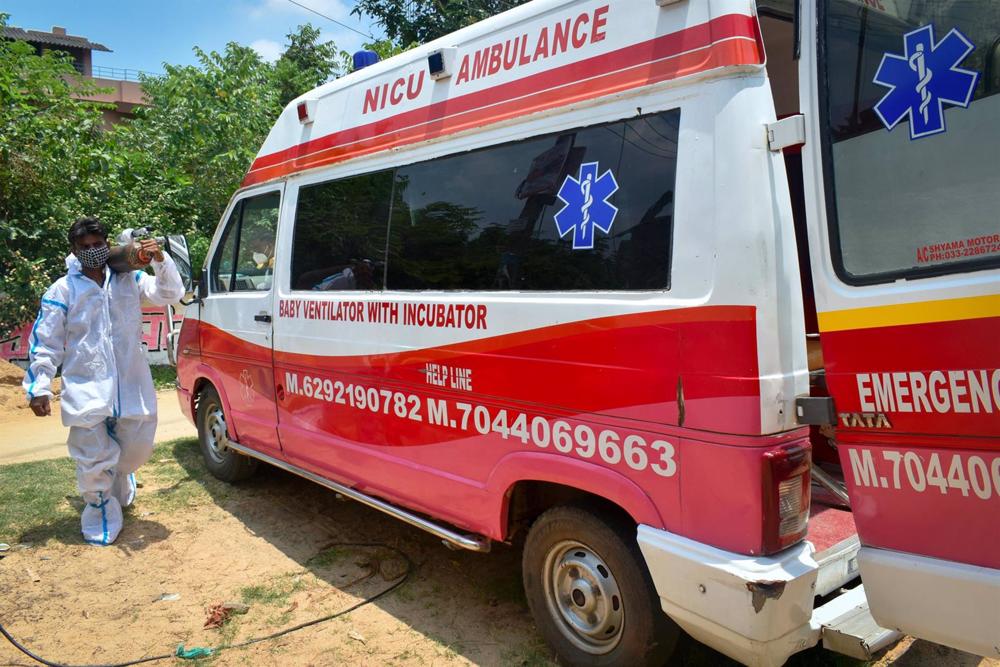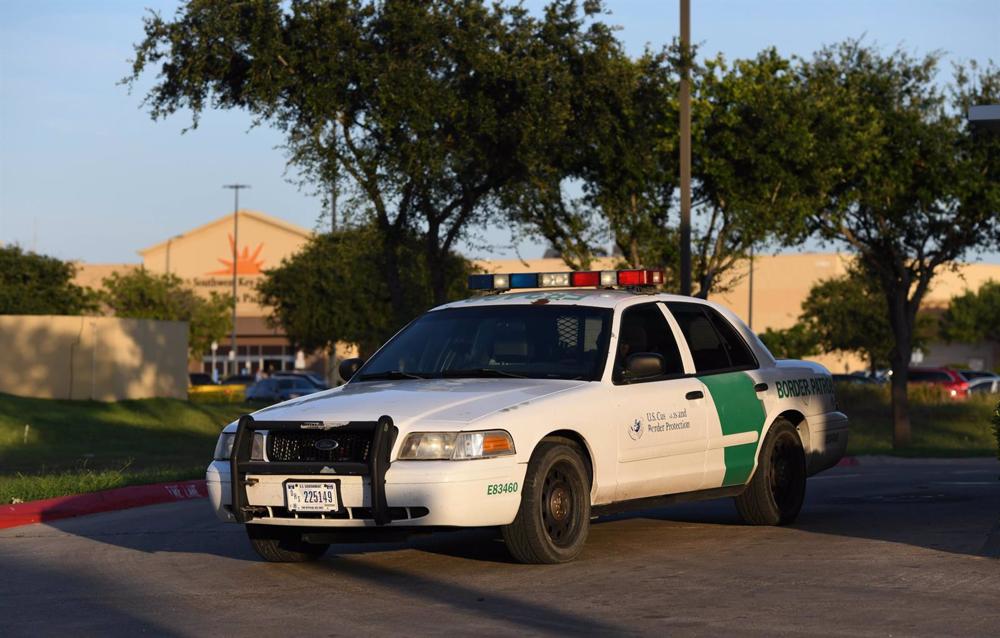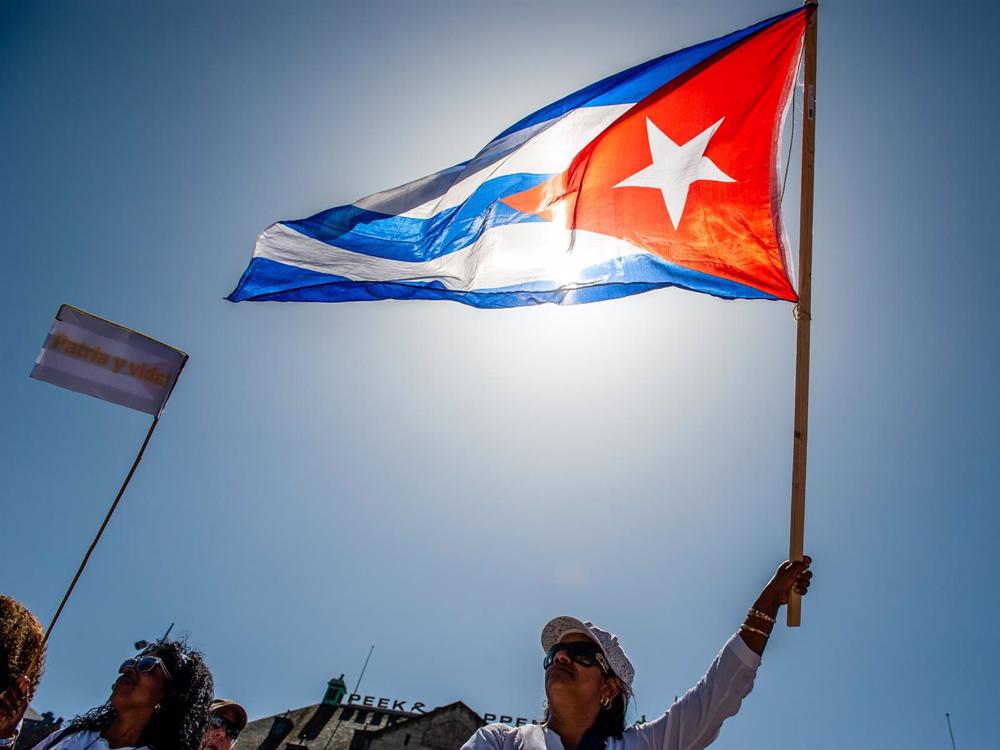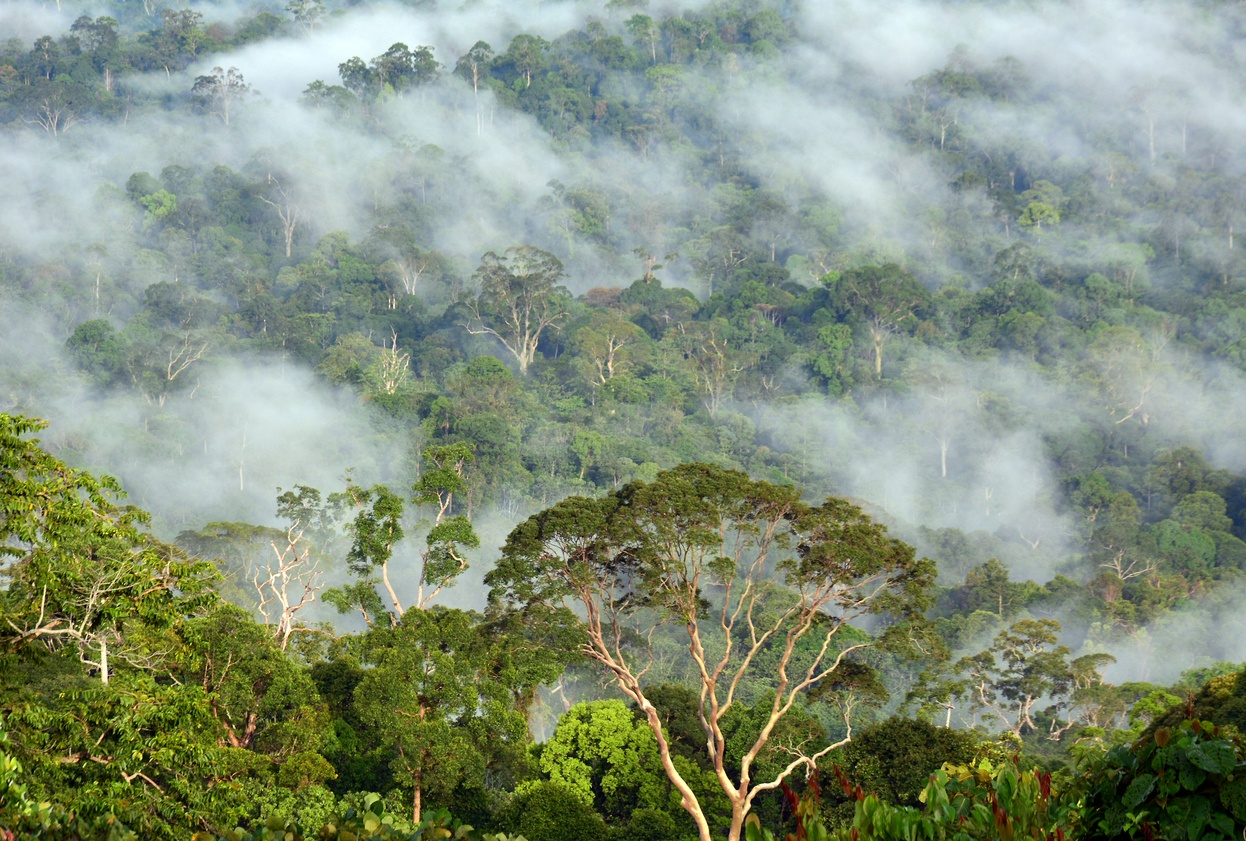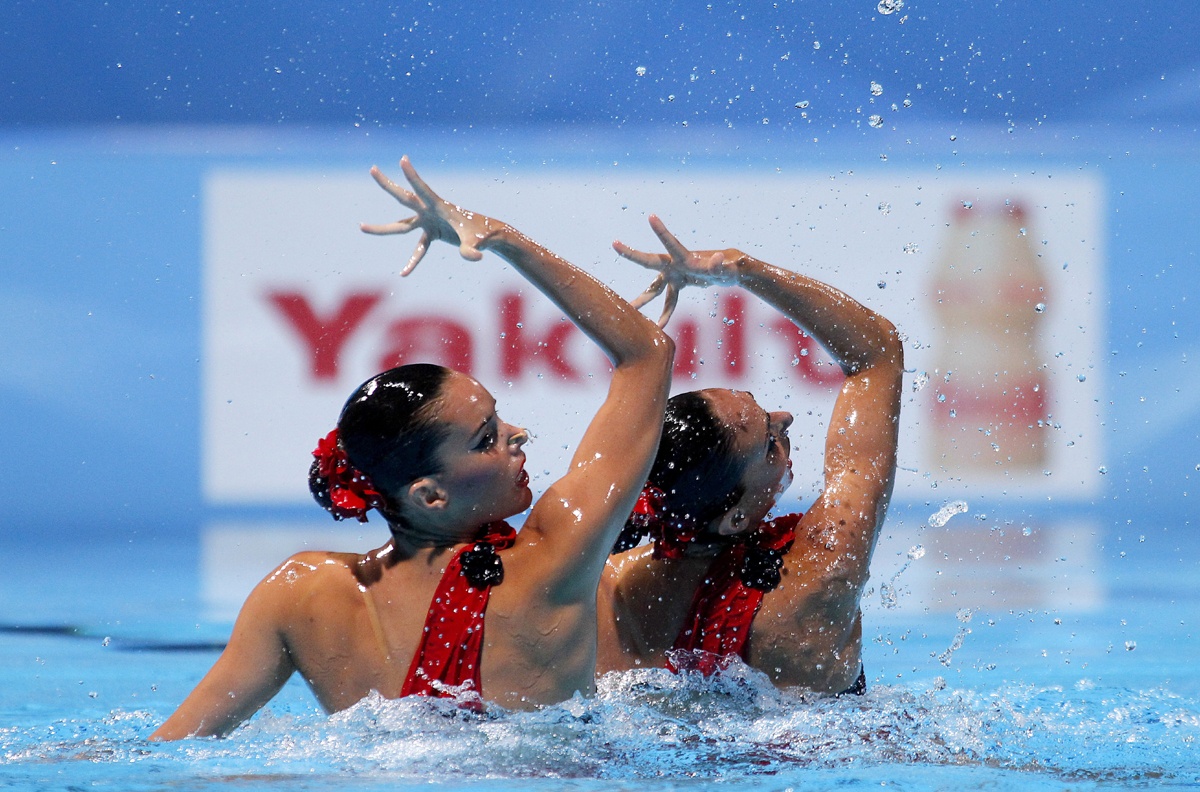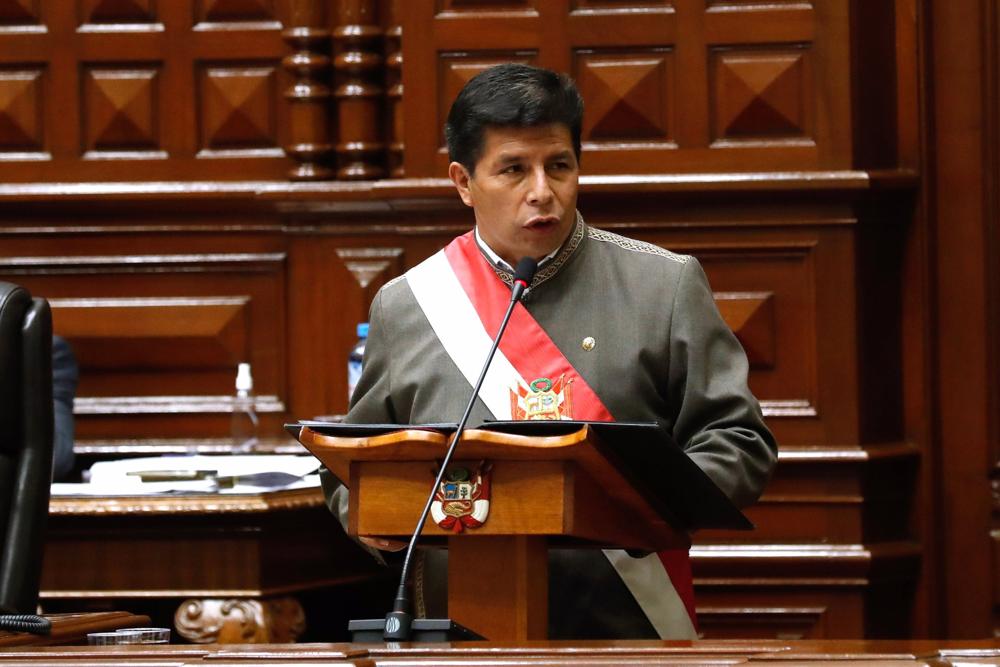
The former president of Peru, Pedro Castillo, has succumbed to his third censure motion on Wednesday after successive corruption controversies and after appointing five cabinets in little more than a year.
Just four days ago, Castillo assured that he was not contemplating the closure of Congress to prevent the House from approving a motion of censure against him after the first two failed, which had to have garnered at least 87 votes.
«I want to take this opportunity to address the country and point out that in the face of the pretension of some political sectors to try to break the will expressed in the ballot boxes, I ratify that nothing will prevent us from continuing at the helm of the nation until the last day of the Government, on July 28, 2026», he assured.
Peru has seen at least five prime ministers fall. Aníbal Torres was at the head of the Government for a little more than two months; Mirtha Vásquez, prime minister for almost three months; and Héctor Valer, who was barely in office for a week.
Guido Bellido, a prominent figure in Peru Libre, was the first of them and faced an investigation after alleged links with the Shining Path guerrilla, founded in 1970.
Betssy Chavez has been at the head of the Executive for little more than eleven days since she took office on November 25, replacing Torres, who resigned after the failure of another question of confidence in the Andean Parliament.
DIMISIONS AND CENSURE MOTIONS Since he assumed the presidency after winning the elections in April 2021, the leftist candidate for Peru Libre has been chaining scandal after scandal, with more than questioned appointments, such as that of the former Minister of Health Hernán Condori, who resigned after criticism of his defense of pseudo-scientific methods, corruption, lack of ethics and his positions regarding the COVID-19 pandemic.
Peru’s Minister of Agrarian Development and Irrigation, Javier Arce, also made headlines, following a report broadcast by Cuarto Poder in which it was revealed that he was in prison in 1997 and had 20 tax complaints, among other legal precedents.
The most recent resignation was that of his Peruvian Minister of Defense, Daniel Barragan, who alleged in a letter «personal reasons» for leaving office. He was replaced just two days ago by Emilio Bobbio Rosas.
The former Minister of Transportation and Communications (MTC) Juan Silva, however, did not resign, but a motion of censure was passed against him in the Peruvian Congress for alleged irregularities in the hiring of personnel in the Ministry where he was in charge.
However, motions of censure against Castillo’s ministers also failed, as is the case of the Minister of the Interior, Willy Huerta, who was questioned after a series of controversial changes in the leadership of the National Police.
CASTILLO AND CORRUPTION The Peruvian Prosecutor’s Office put the spotlight on the president and assured that he had links with a criminal organization active within the Ministry of Transport and Communications, which acted with the complicity of the former minister of this portfolio Juan Silva, as well as with officials of the companies Provías Nacional and Provías Descentralizado, of the presidential office and of other businessmen.
All this in order to favor the consortium ‘Puente Tarata III’ and other companies in public bidding processes. The document also accuses former ministers Juan Silva (Transport and Communications), currently on the run, and Geiner Alvarado (Housing, Construction and Sanitation) of the same crimes, according to ‘Diario Correo’.
Corruption cases also affect their relatives. Thus, the sister-in-law of Peru’s President Pedro Castillo, Yenifer Paredes, appears in a video in which she is seen allegedly offering a sanitation work to the inhabitants of the Succha community.
Castillo has claimed in recent months that he was suffering political persecution by the Public Prosecutor’s Office, stating that his investigations for alleged corruption crimes are nothing more than attempts to «attack» his loved ones.
«New forms of psychological torture are being used with preliminary detentions and preventive prisons to obtain accusations against me and my government (…). I have lived it in my own flesh. My daughter, my wife, my whole family have been assaulted», said Castillo.
